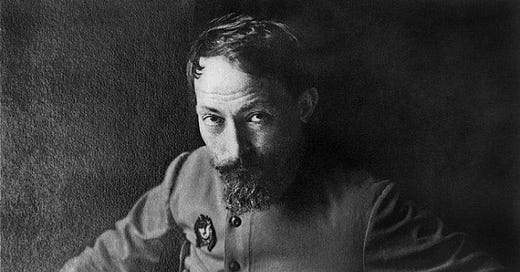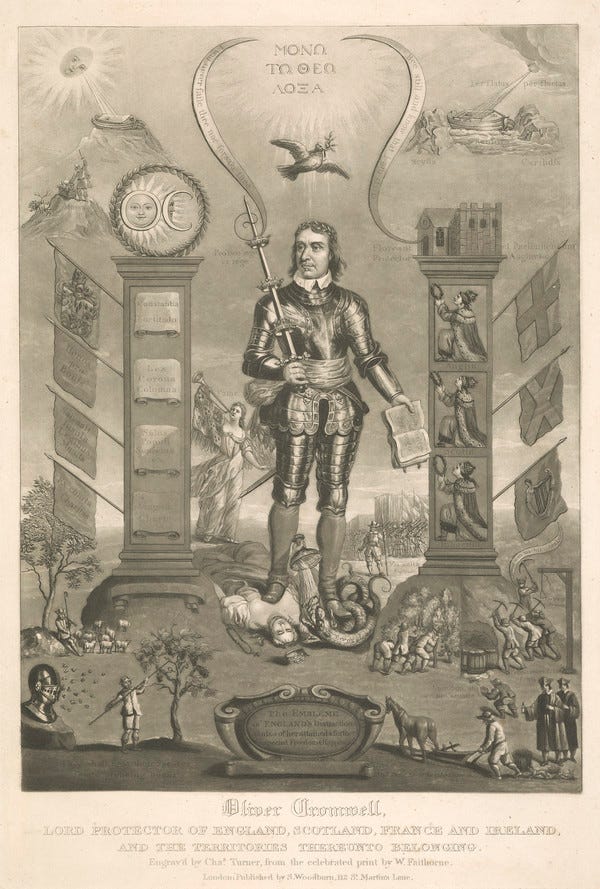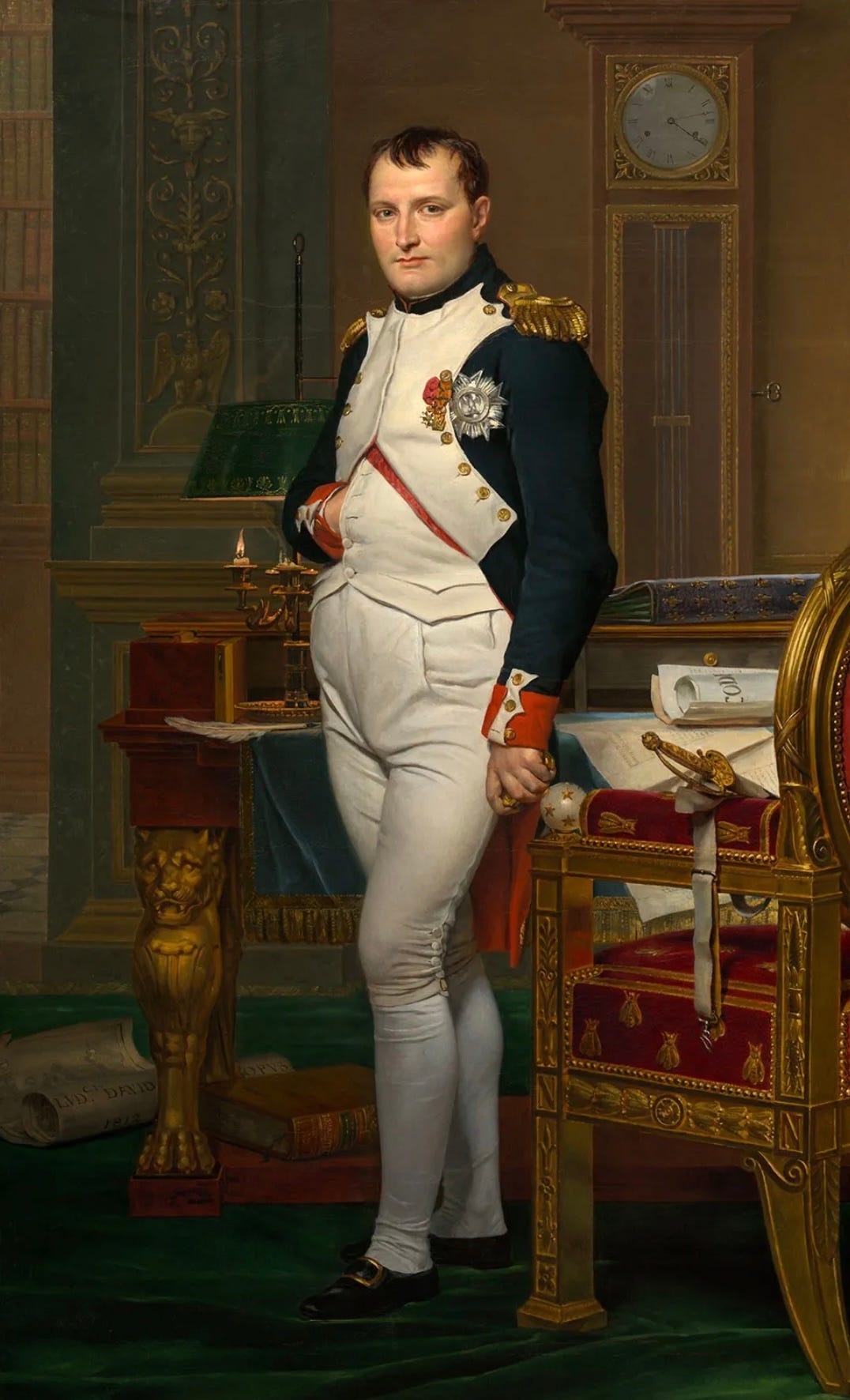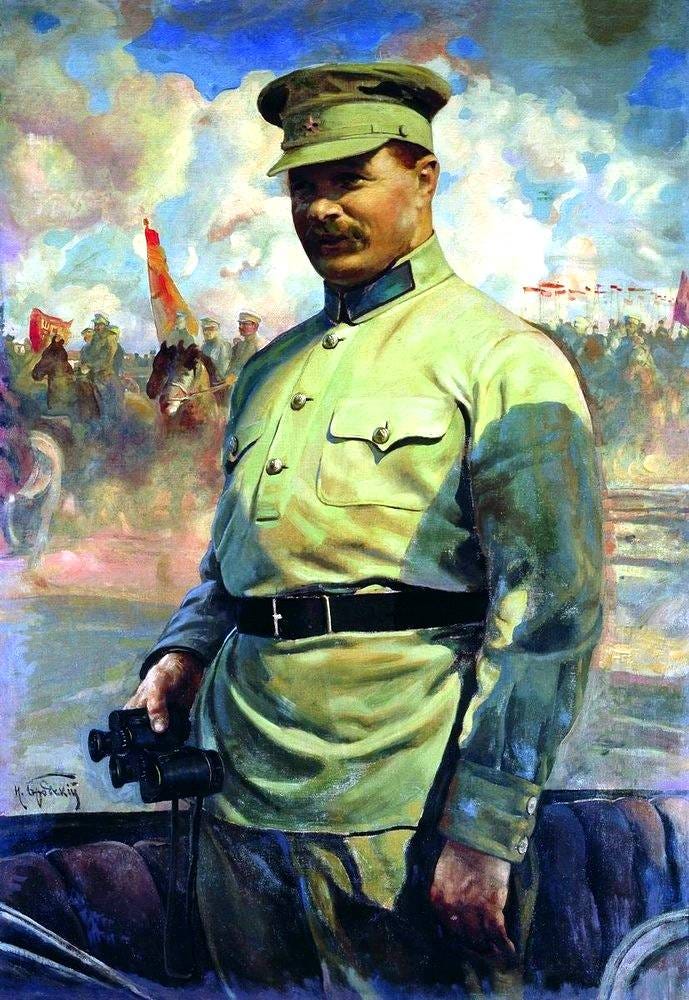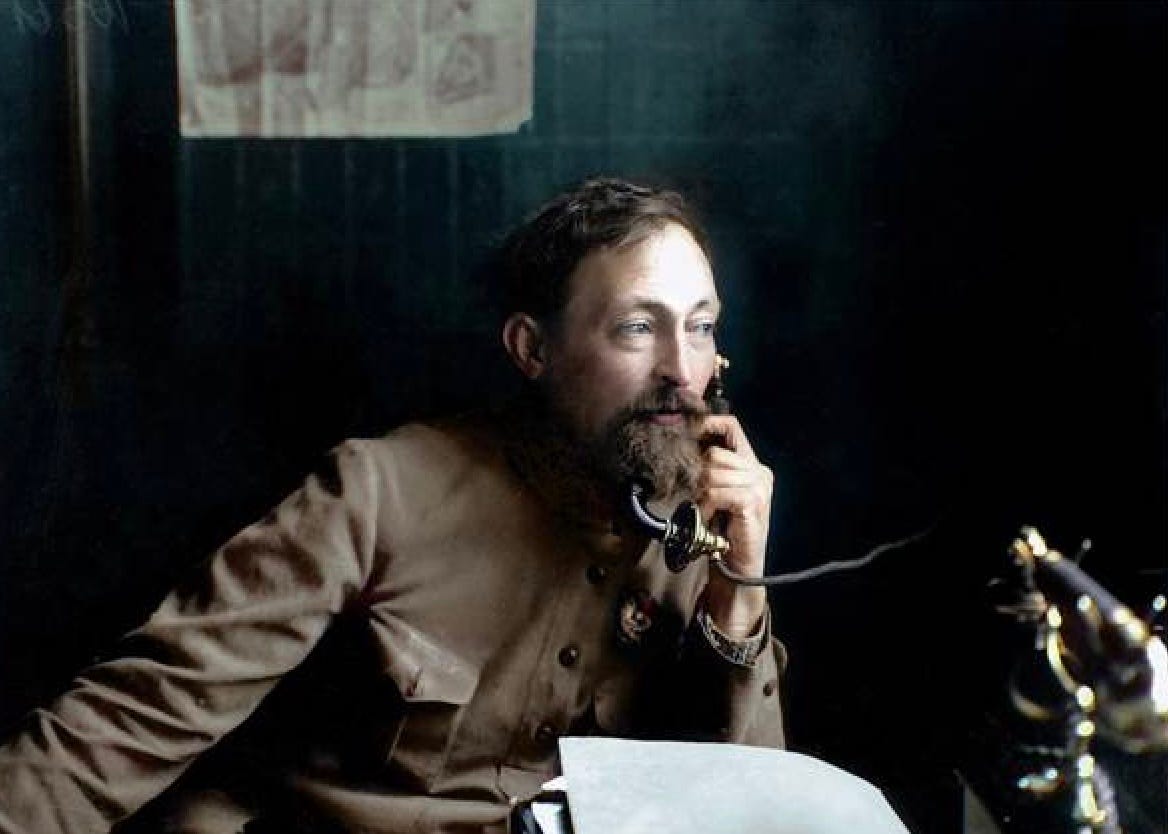As a person from a post-Soviet country, I could not but find the institutions of People’s Republic of China oddly familiar. By and large, they seemed to mirror the political structure of USSR. For every major institution of Communist Russia I could find a direct equivalent in Communist China. The Party, with its Politburo, Central Committee, and regional branches. The government subordinate to and responsible to the Party. The army guarding the rule of the Party from all the foreign and domestic enemies. All familiar, all understandable, all very Soviet-like. On the whole, political organisation of the PRC looked like a mirror reflection of the USSR.
With one major exception:
China had no KGB
But how is that even possible? For a post-Soviet person, that sounded unbelievable. On the post-Soviet space, a gigantic, centralised, all-powerful and all-permeating state security system is seen as a basic reality, almost as a natural phenomenon. The earth. The sky. Force of gravity. KGB. All basic properties of reality we live in.
For the Western countries, one could allow that they don’t have one. They are different, they evolved differently and independently from the Soviet Union. They don’t technically live in the same physical reality as we do. So, it would not be too absurd to presume that the basic properties of their reality are different from ours.
But China? Another Communist regime, that was built in close cooperation with the USSR, used to be a client state of the USSR and largely copied the USSR? Copied the party, copied the Politburo, copied the commissaries, copied everything but the single window state security leviathan that so many see as the iconic institution of the Soviet Union?
That was a shocking realisation. It was hard to come up with any convincing explanation for why China does not have this basic, seemingly prerequisite institution of state power. So, I tried to reverse the question. Instead of questioning why China doesn’t have KGB, I asked why Russia does.
Why Russia has KGB
Today, I want to introduce a new concept. Impressions. It is absolutely oafish to presume that people base their actions on any sort of “rational analysis” (whatever that means). Absolutely not. To the contrary, people are primarily governed by impressions1. To understand human actions and human decision making it is of utmost importance to realise what impressions govern them.
The Bolsheviks who took power in 1917 had been primarily governed by the impressions of French and, to a lesser degree English, revolutionaries. Constantly referring to and comparing themselves with the revolutionaries of the past, they worked hard to avoid their mistakes. They learnt from their experience, both positive and negative. They wanted to eschew the traps their predecessors fell into.
Of which the main was:
Military usurpation
A new government needs to fight the enemies, foreign and domestic. To fight the enemies, it builds a revolutionary army with revolutionary generals. The army wins, and wins, and wins. Eventually, one of these victorious revolutionary generals will overthrow the government, take power and, well, put an end the revolution. That is how the French Revolution ended. That is how the English one ended earlier.
Based on the past experience, the Bolsheviks had every reason to fear that their own revolution will also end with military usurpation, by their own generals. French Revolution being their key historical impression, the 18th Brumaire was their central fear. They were expecting a Bonaparte, they were afraid of a Bonaparte, and they worked hard to forestall a Bonaparte from their own rank and file2.
If English revolution ended with military usurpation
And French revolution ended with military usurpation
So, the Russian revolution can too end with military usurpation3
That is what the Bolsheviks feared, that is what they wanted to avoid. To forestall this most plausible threat, they built the institution of state security.
Both in the USSR and in modern Russia, the state security agency existed and exists for one purpose only:
To keep the army in check
Keep reading with a 7-day free trial
Subscribe to kamilkazani to keep reading this post and get 7 days of free access to the full post archives.
